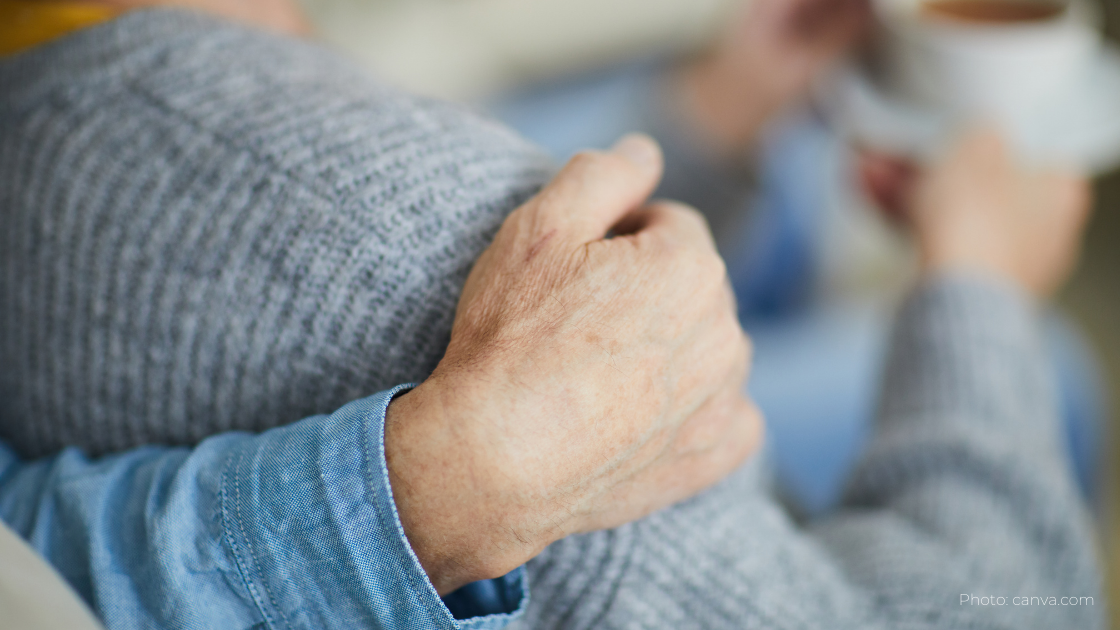You know that moment when someone’s disappointed you — your heart drops, and the disbelief feels almost suffocating? Depending on our life experiences, some of us may feel this when someone cancels a coffee date. Others may feel it when they find out they’ve been lied to or manipulated by someone close.
The only way to avoid pain in relationships is to not have them. If you choose to have people in your life, you will experience disappointment, frustration and pain. You will also experience joy, laughter, gratitude, support and love. We can’t have one without the other. I think a lot of us will walk away from relationships when they feel difficult because we think that it shouldn’t be hard. In fact, the very fabric of a healthy relationship is built through experiencing the hard stuff AND the good stuff. It’s not a one-sided experience.
It’s easy to avoid the hard — that’s called being emotionally unavailable. If we’re unavailable, when things get hard for us or someone in our life we avoid them or disengage from the relationship. It keeps the relationship on the surface level, and we never really get to know each other.
If we’re going to have meaningful relationships, we have to recognize that at some point things will get hard. It shouldn’t be hard all the time, but when things get challenging we have to question if we’ve been open with ourselves and the other person about how we’ll show up when things get challenging. I imagine most of us don’t do this; I’m good at this at work but not in my personal life.
For example, at work I require a minimum 6-month commitment in one of my positions. It’s in writing, but it’s also something we communicate verbally (multiple times) before signing the agreement. I want to be honest and clear about my expectations, and I also want it to be understood that I will follow through with the repercussions of breaking the agreement. When someone breaks an agreement, there’s often an assumption I won’t follow through on the contract. I used to get frustrated and feel aghast at that assumption. I played the victim because I felt bad about making someone ‘pay’ for breaking their agreement.
Eventually I realized that it was up to me to be accountable for my end of the relationship. I need to be clear with my expectations and communicate them in many ways prior to entering a working relationship. When I have to hold someone accountable, I’m honest with them and myself about the expectations I’ve set. I no longer fall into a victim mindset. I support myself by being clear with expectations from the outset. It still feels hard, but I no longer feel like I’m being taken advantage of.
Companies that have clear expectations and live what they preach have a successful retention rate because their employees feel safe and supported. Companies that have a culture of clear communication and honesty and are clear about how they show up when things are hard tend to be successful. Because the people working for them feel seen and heard.
I don’t do this in my personal life. I can’t enter into a written agreement with a friend, but perhaps this is something to consider. When we enter an intimate relationship we talk about dreams for the future, the kind of lifestyle we lead and what we want in a partner. We admit whether we want or don’t want to get married or have kids and where we want to live. But do we talk about how we’re going to manage the difficult times? Or about how we’ll handle financial stress, infidelity, death, losing jobs, mental health or the stresses of having kids? These are really important topics to discuss — but how many of us do this with our partners let alone with our friends.
In friendships, wouldn’t it be great if we admitted the things that we struggle with and how someone could show up for us? What if we could be specific about what feels supportive and what doesn’t? Or how we’d hold our friend when they’re going through someone challenging? Understanding how we show up for someone comes with age and lived experiences. The more life we live and the more challenges we face, the more we learn . Learning from these valuable experiences improves our understanding of ourselves.
Honestly, I don’t feel brave enough most of the time to tell a friend how I would like them to show up for me. It terrifies me, but I have a feeling I’m not alone in that feeling. I’m willing to get uncomfortable and risk a lot to get out of my comfort zone. I do this all the time — but being honest with friends about something that makes me feel deeply vulnerable stops me in my tracks.
How honest are you with your friends and relationships? Do you air your grievances with others instead of with the person? What about all the times you’ve hurt someone unintentionally? Have you ever thought that the pain we cause others is just as relevant as the pain we’re caused? We likley remember the ways we’ve been hurt over the ways we’ve hurt others.
Maybe the hardest thing in relationships is being honest with ourselves AND others about what we expect or want and remain accountable when we’re not showing up for ourselves. Being upset with or walking away from someone because we didn’t communicate clearly is on us, not them.
Perhaps living life to its fullest includes being willing to have deep relationships and feeling vulnerable with the ones we love. What do you think?
xo, Noelle

